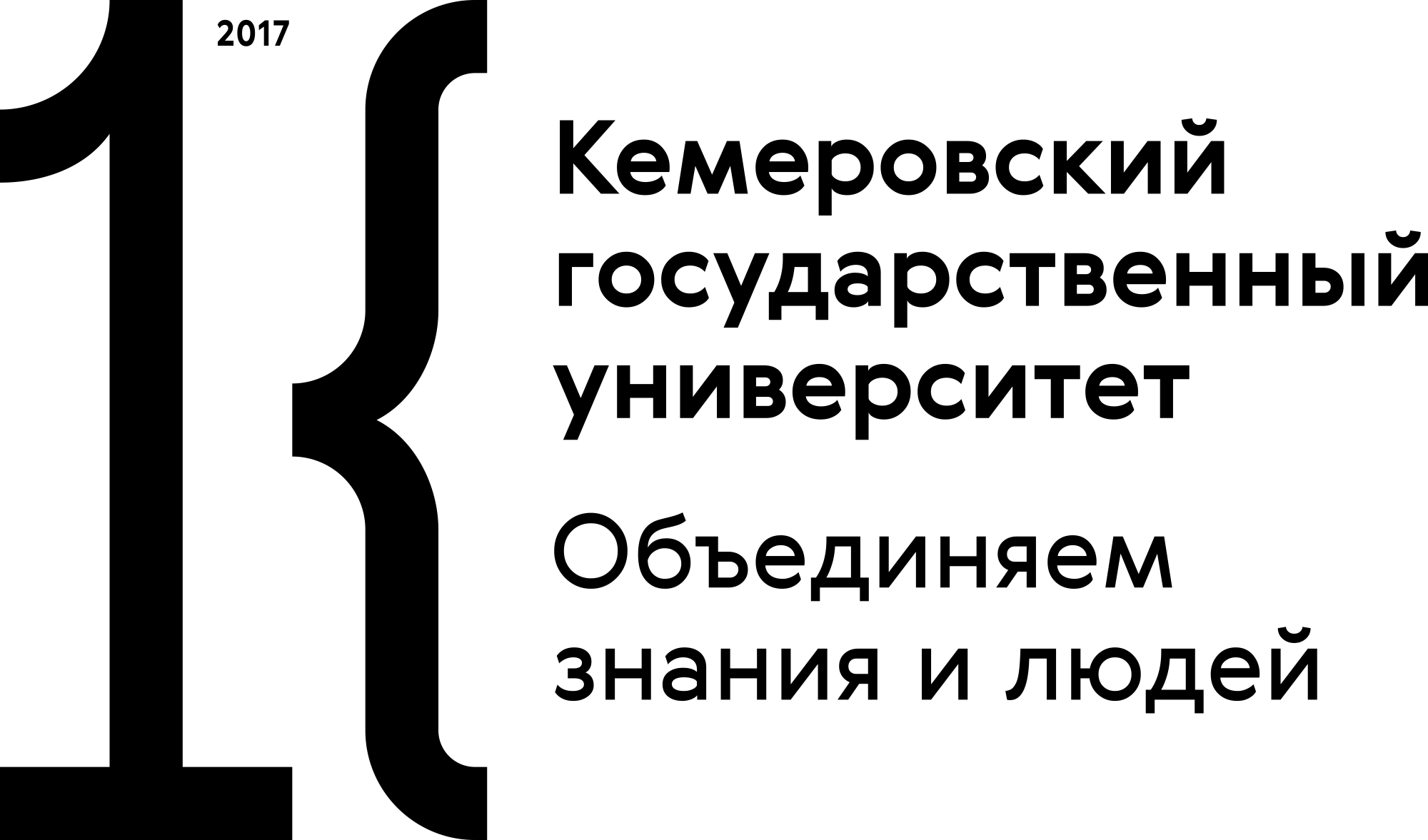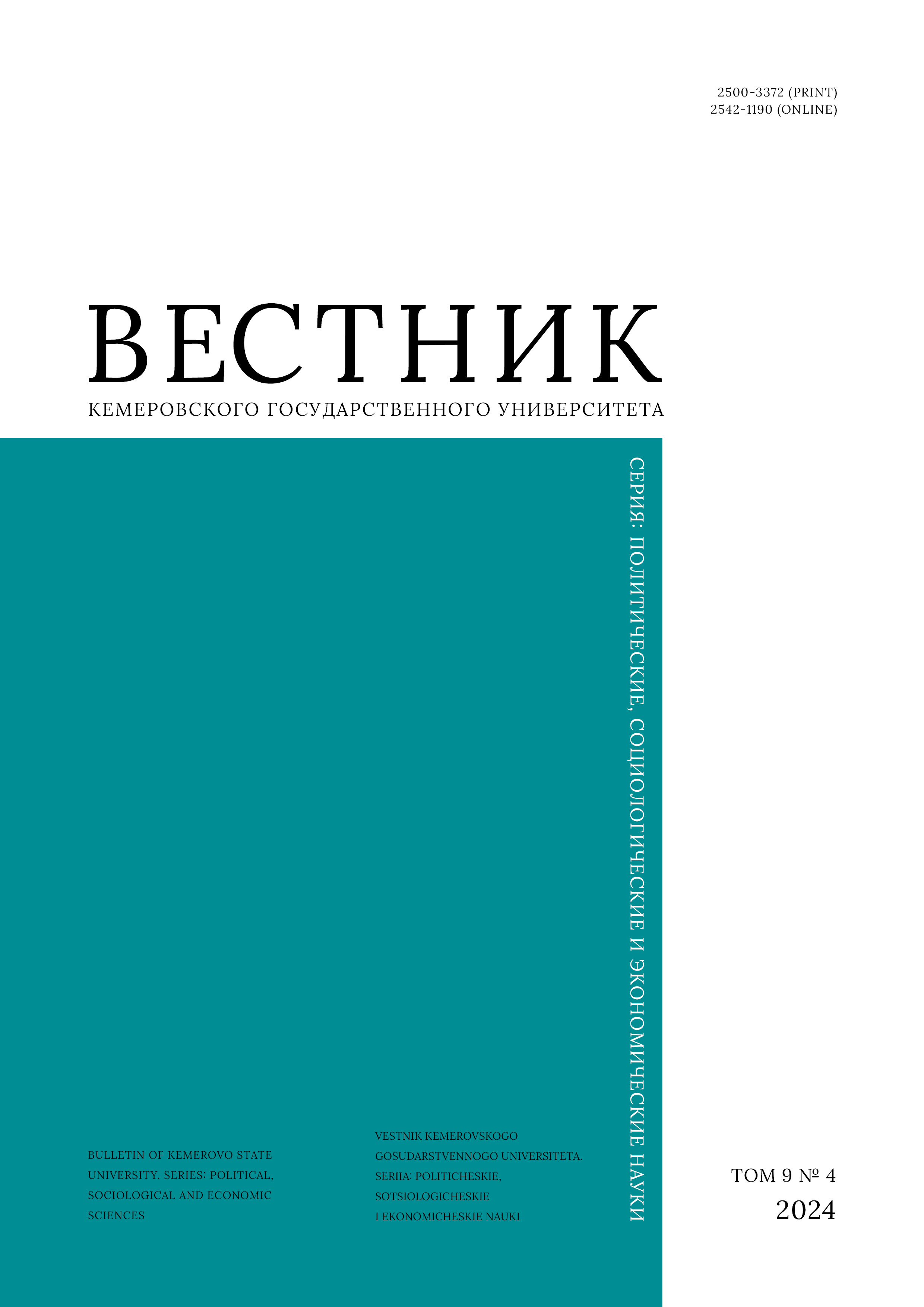Almetyevsk, Russian Federation
Kazan, Russian Federation
VAK Russia 5.2.6
In conditions of volatile cash flow caused by external factors, multicorporate enterprises need to look for new methods of optimal financial distribution. This is especially important for multi-industry organizational entities that want to ensure their solvency and liquidity. Centralized financial management eases the complex distribution of management objects, i.e., subsidiaries and dependent companies. The article describes the process of financial management centralization in large Russian conglomerates. The research objective was to develop a methodology for efficiency assessment based on open data and official financial statements of three groups of companies in the domestic fuel and energy sector. An attempt was made to assess the manageability of liquidity, stability, and profitability. Most manageability indicators were distributed unevenly among the enterprises within the conglomerates, more than a third of them sliding below the standard. However, the groups proved quite successful in managing receivables and payables, which indicates good prospects for further search for methodological solutions in centralization efficiency assessment for multicorporate enterprises.
centralization of management, liquidity management, solvency management, debt management, group of companies
1. Kashin V. B., Piatachkova A. S., Smirnova V. A., Abzianidze G. V., Potashev N. A., Iankova A. D. Antimonopoly regulation in China: An analytical note. CCEIS HSE, 2022, 46. (In Russ.)
2. Charaeva M. V. Financial management of real investments of organizations. Moscow: Alfa-M; INFRA-M, 2016, 240. (In Russ.) https://elibrary.ru/yldrjj
3. Rothwell Sh. Barnard, Chester Irving. Classics of management, ed. Warner M. St. Petersburg: Piter, 2001, 86–93. (In Russ.)
4. March J. G., Olsen J. P. Ambiguity and choice in organizations. Bergen: Universitetsforlaget, 1976, 408.
5. Collins J. How the mighty fall: And why some companies never give in. NY: HarperCollins Publishers, 2009, 222.
6. Ross S. A., Westerfield R. W., Jordan B. D., Sain Y., Lim J., Tan R. Fundamentals of corporate finance. Singapore: McGraw-Hill Education, 2012, 1040.
7. Swensen D. F. Unconventional success: A fundamental approach to personal investment. NY: Free Press, 2005, 403.
8. Butakova N. M., Carcanica A. S., Udalova S. A. Features of audit and economic analysis of integrated reporting. International Journal of Humanities and Natural Sciences, 2018, (12-1): 192–195. (In Russ.) https://doi.org/10.24411/2500-1000-2018-10358 EDN: https://elibrary.ru/YTVACT
9. Koznov A. B., Makeeva V. G. Formation of a system of indicators for assessment of enterprise’s effectiveness. Journal of Economy and Business, 2018, (9): 107–111. (In Russ.) https://doi.org/10.24411/2411-0450-2018-10020 EDN: https://elibrary.ru/YLPXXV
10. Lomakina S. A. Features of corporate governance as a factor affecting the value of the company. Ekonomika i upravlenie: Analiz tendentsii i perspektiv razvitiia, 2012, (2-2): 160–164. (In Russ.) https://elibrary.ru/rernrb
11. Orekhova S. V., Kudin L. Sh. Russian model of corporate governance: Evolution, specificity, efficiency problems. Vestnik Cheliabinskogo gosudarstvennogo universiteta, 2019, (3): 140–152. (In Russ.) https://elibrary.ru/zhltwe DOI: https://doi.org/10.24411/1994-2796-2019-10316
12. Iakupova N. M., Levachkova S. Iu. A management company in the system of state joint-stock ownership. Kazan: Kazan University, 2017, 188. (In Russ.) https://elibrary.ru/xpfehr
13. Pudeyan L. O., Zaporozhtseva E. N., Medvedskaya T. K. Financial management system in the development of the digital economy. Vestnik Akademii znanii, 2022, (48): 259–266. (In Russ.) https://elibrary.ru/grvkle DOI: https://doi.org/10.24412/2304-6139-2022-48-1-259-266
14. Dorofeev M. L. Matrix methods of corporate finance management. Cand. Econ. Sci. Diss. Moscow, 2010, 152. (In Russ.) https://elibrary.ru/qetaev
15. Corporate governance and information technology, ed. Lanskov P. M. Moscow: Magistr, 2017, 184. (In Russ.) https://elibrary.ru/zqzkun
16. Kosorukova O. D. The impact of corporate governance on the formation of business value. Cand. Econ. Sci. Diss. Moscow, 2023, 268. (In Russ.) https://elibrary.ru/fbhbtl
17. Ivakhnushkina A. I., Anokhina L. V. Methodology and essence of financial condition analysis. The global economy in the XXI century: biotechnology and digital technologies: Proc. 3 Round Table with Intern. Participation, Moscow, 15–16 May 2020. Moscow: Konvert, 2020, pt. 1, 62–66. (In Russ.) https://elibrary.ru/tscpwp
18. Dementeva A. G. The development of corporate governance in the context of globalization. Dr. Econ. Sci. Diss. Abstr. Moscow, 2012, 53. (In Russ.) https://elibrary.ru/qigiqp
19. Izhevskii V. L., Kononov V. N. Evaluating the synergy effect of consolidation process under the cognitive modeling method. Economic Analysis: Theory and Practice, 2017, 16(7): 1286–1306. (In Russ.) https://doi.org/10.24891/ea.16.7.1286 EDN: https://elibrary.ru/ZBOHJD
20. Tsovma D. V. Defining a group of companies as a large and complex system. New Russian Economy: Investments, clusters, innovations, and roadmaps: Proc. Intern. Sci.-Prac. Conf., Samara, 15 Sep 2018. Ufa: Aeterna, 2018, 79–84. (In Russ.) https://elibrary.ru/xyivhn
21. Vasikov R. R., Yudina S. V. Analytical potential of digital solutions in financial management of a group of companies. Kazan Digital Week – 2024: Proc. Intern. Forum, Kazan, 9–20 Sep 2024. Kazan: Scientific Center for Life Safety of the Academy of Sciences of the Republic of Tatarstan, 2024, 563–569. (In Russ.)
22. Timushev E. N. Fiscal decentralization in Russia and the world: Trends and effects. Voprosy ekonomiki, 2021, (11): 89–107. (In Russ.) https://doi.org/10.32609/0042-8736-2021-11-89-107 EDN: https://elibrary.ru/BAGTAO
23. Boiko V. L., Orekhov E. N. Decentralization of decision-making in the framework of procurement activities. Vestnik Akademii, 2013, (1): 111–113. (In Russ.) https://elibrary.ru/pxoacp

















